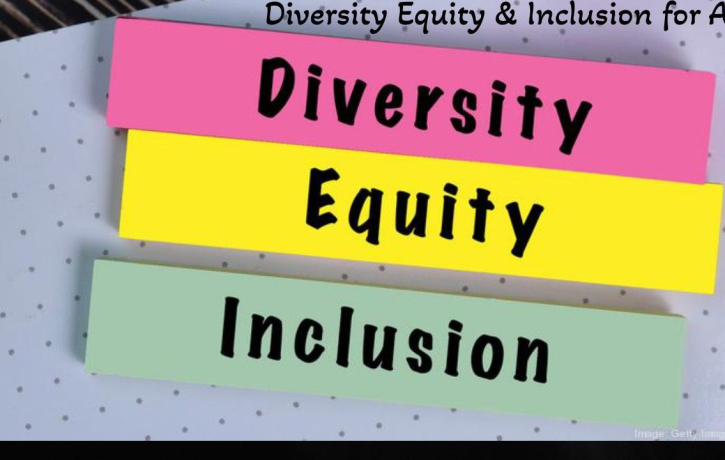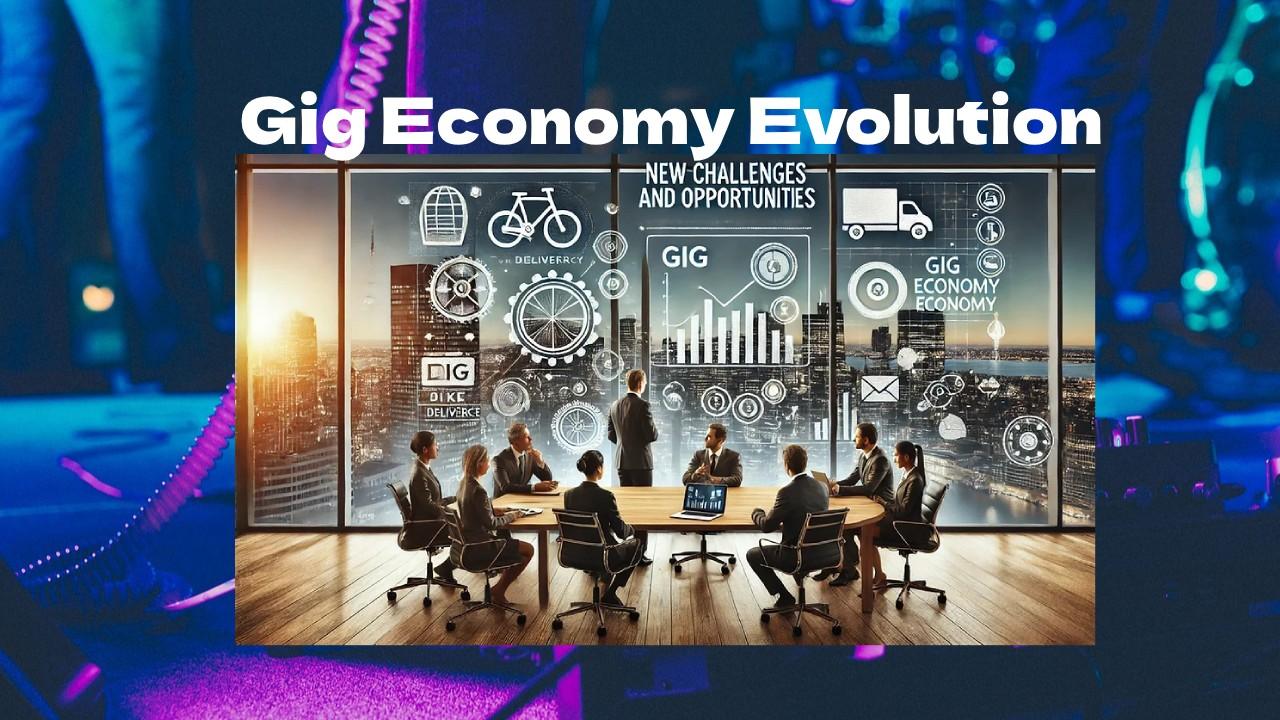The Importance of Diversity, Equity, and Inclusion in All Aspects of Life
Diversity Equity & Inclusion for All. In an increasingly interconnected and globalized world, diversity, equity, and inclusion (DEI) are not just buzzwords—they are essential values that shape stronger, more just societies. Whether in education, the workplace, healthcare, media, or community life, embracing DEI fosters respect, innovation, and equal opportunities for all individuals, regardless of their background.
Understanding DEI
-
Diversity Equity & Inclusion for All refers to the presence of differences within a given setting. These differences may include race, ethnicity, gender, age, sexual orientation, disability, socioeconomic status, religion, language, and more.
-
Equity involves ensuring fairness by recognizing and addressing imbalances. It’s not about giving everyone the same resources but providing individuals with what they need to achieve equal outcomes.
-
Inclusion is about creating environments where all individuals feel welcomed, respected, supported, and valued. It involves actively inviting diverse perspectives and participation.
Why DEI Matters
-
Fosters Innovation and Creativity
Diverse teams bring varied perspectives, experiences, and problem-solving approaches. This diversity of thought enhances creativity, leading to better decision-making and more innovative solutions across industries. -
Builds Stronger Communities
When people feel seen and heard, they are more likely to contribute positively to their communities. Inclusive societies promote social cohesion, trust, and resilience, especially in times of crisis. -
Promotes Equal Opportunity
Equity ensures that individuals from historically marginalized groups have access to the same opportunities as others. It helps break cycles of poverty, discrimination, and systemic inequality, empowering people to achieve their full potential. -
Enhances Workplace Culture and Performance
Companies that prioritize DEI experience higher employee satisfaction, better retention, and stronger business performance. Employees feel more engaged when they can be authentic and respected for who they are. -
Reflects Ethical and Social Responsibility
Embracing DEI is not only the right thing to do—it also aligns with broader goals of social justice and human rights. Institutions that lead with empathy and fairness set an example for future generations.
Challenges to Achieving DEI
Despite growing awareness, many barriers to DEI remain:
-
Systemic Inequality: Long-standing structural disadvantages in education, employment, and housing continue to affect marginalized communities.
-
Unconscious Bias: Implicit attitudes and stereotypes can influence decisions, even in well-meaning individuals.
-
Resistance to Change: Implementing DEI initiatives often requires a cultural shift, which can be met with discomfort or opposition.
-
Lack of Representation: Many sectors still lack diversity in leadership and decision-making roles, which perpetuates imbalance.
Strategies for Promoting DEI
-
Education and Awareness
Training programs that explore cultural competence, privilege, and bias can help individuals understand their role in advancing inclusion. -
Inclusive Policies and Practices
Organizations must review and revise policies related to hiring, promotions, pay equity, and workplace behavior to ensure fairness. -
Representation and Visibility
Leadership teams and public figures should reflect the diversity of the communities they serve. Diverse representation matters in shaping narratives and inspiring future leaders. -
Open Dialogue and Listening
Safe spaces for dialogue foster understanding and empathy. Actively listening to different perspectives creates stronger relationships and solutions. -
Accountability and Measurement
Progress in DEI should be tracked through measurable goals and transparency. Holding institutions accountable ensures continuous improvement.
Conclusion
Diversity Equity & Inclusion for All are foundational principles for a fair and thriving society. When embraced authentically and implemented effectively, DEI enriches our collective experience, promotes justice, and builds a future where everyone has the opportunity to succeed. It is the responsibility of individuals, institutions, and communities to ensure these values are not only upheld but also embedded in every aspect of life.







